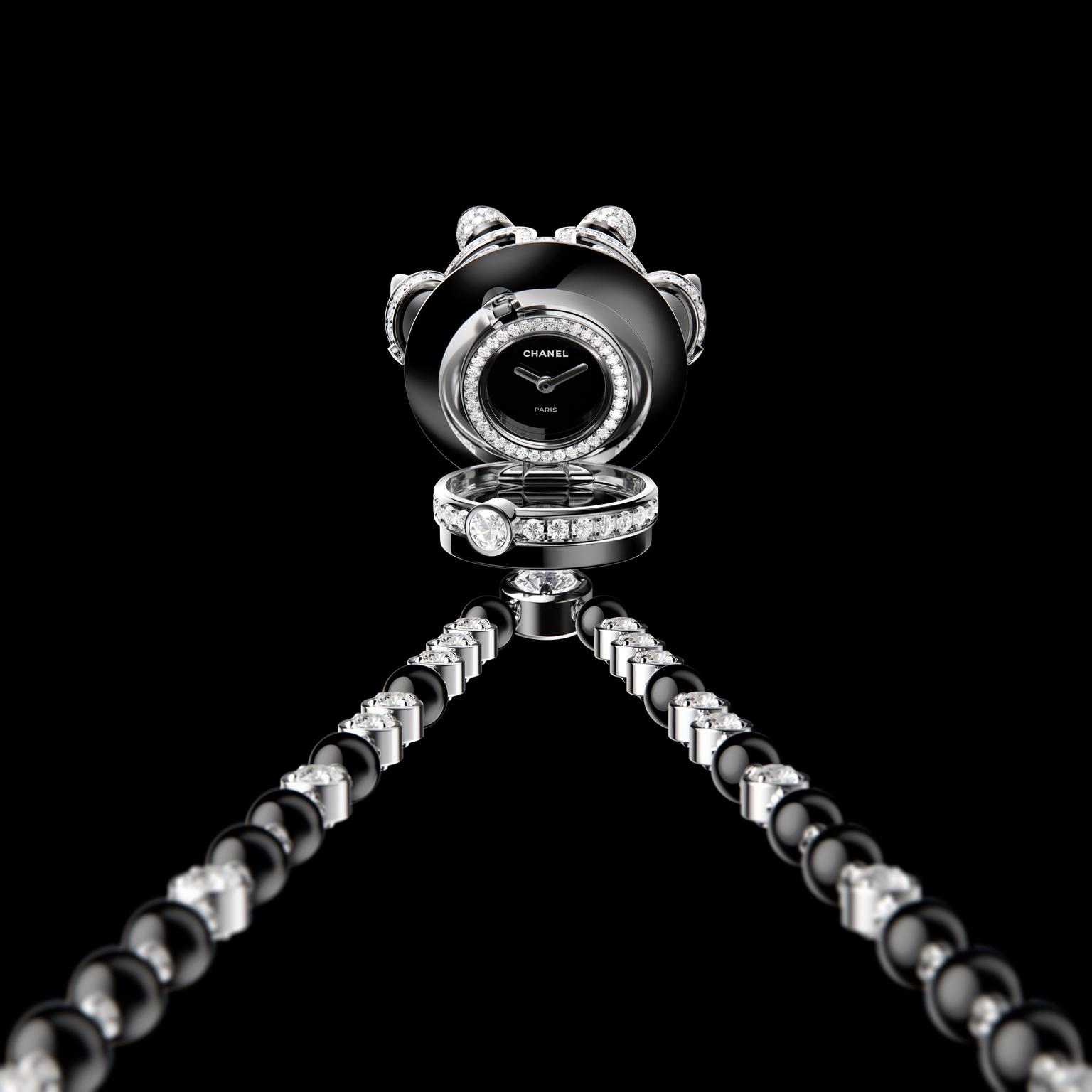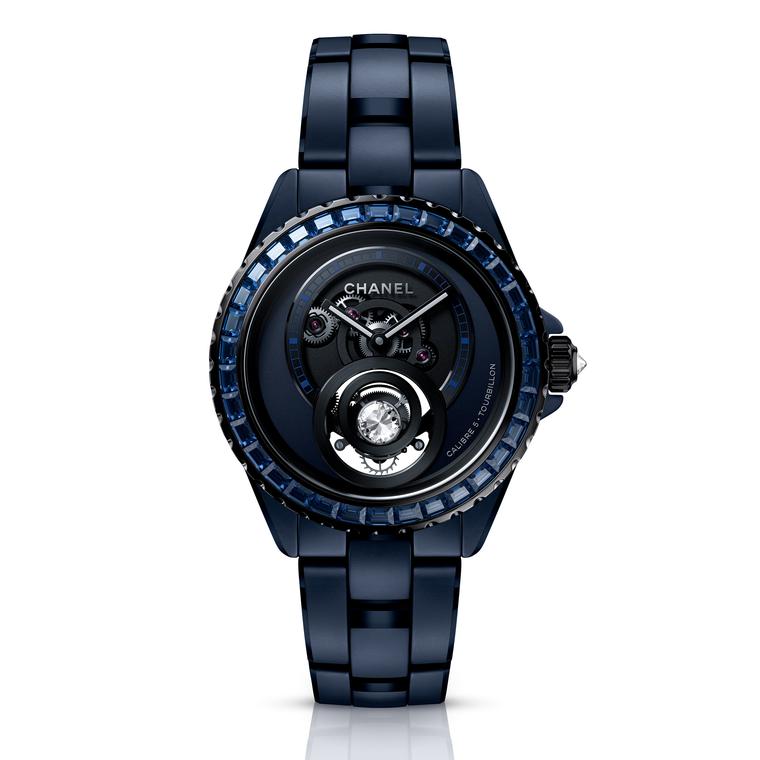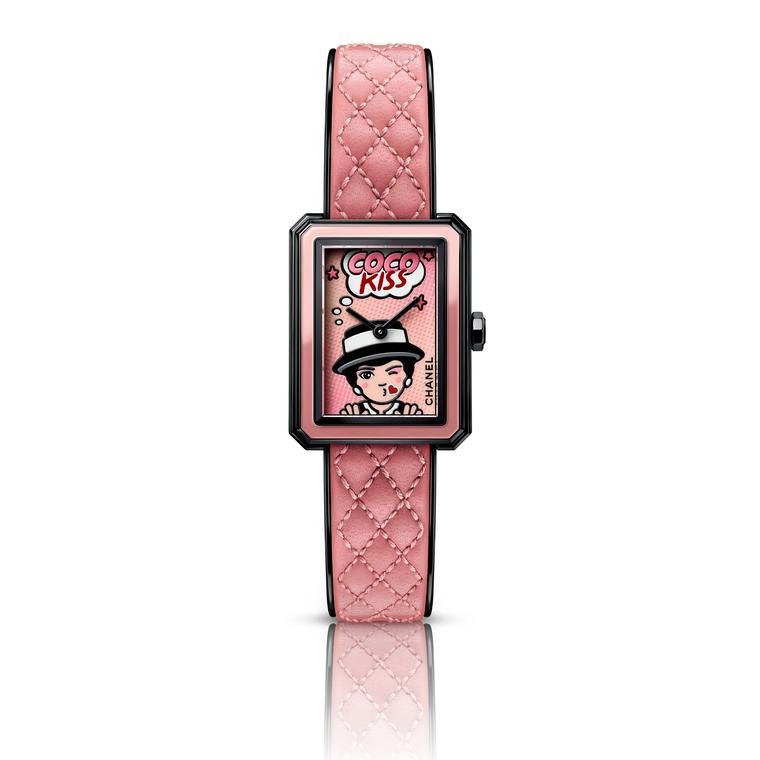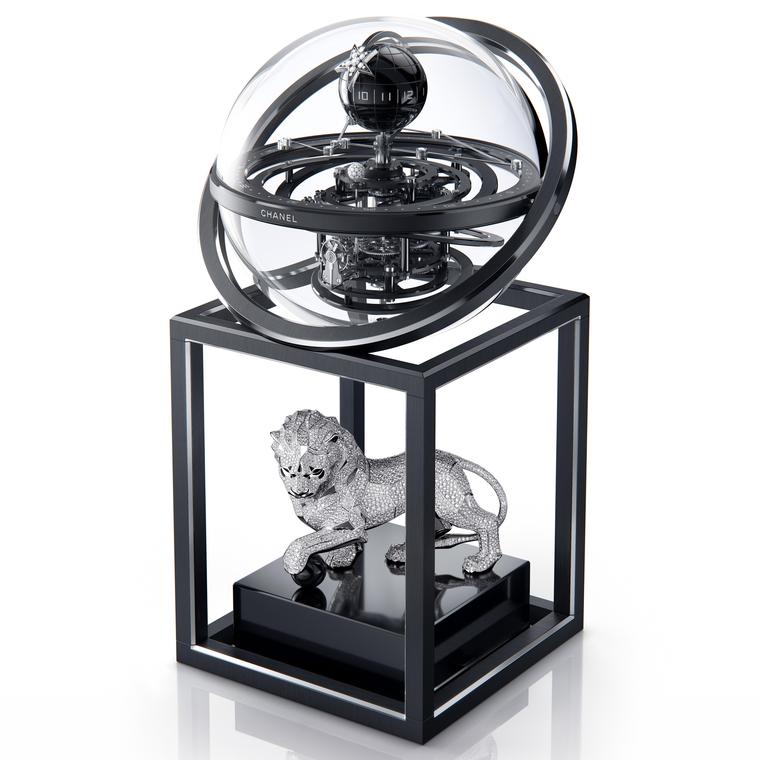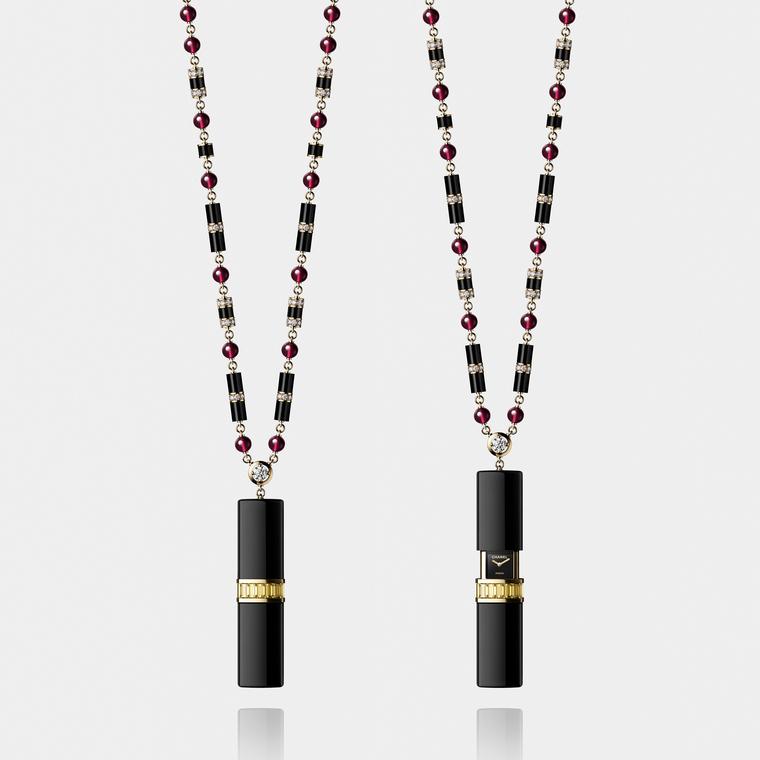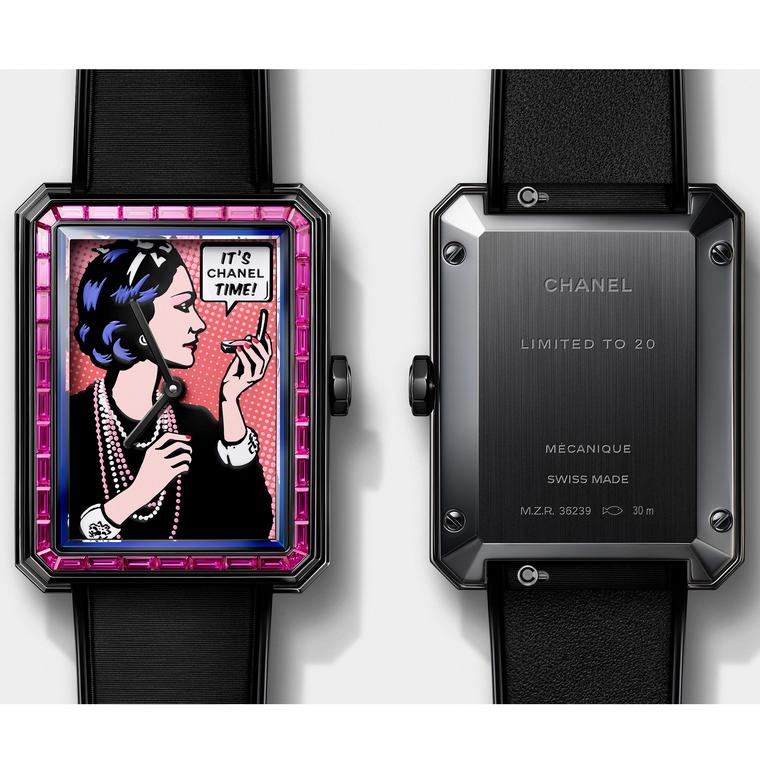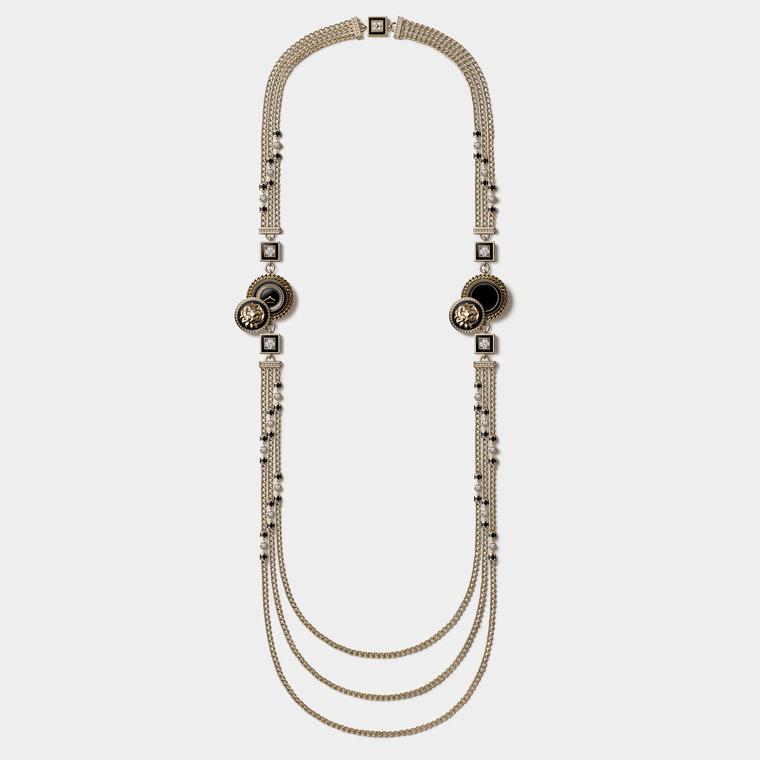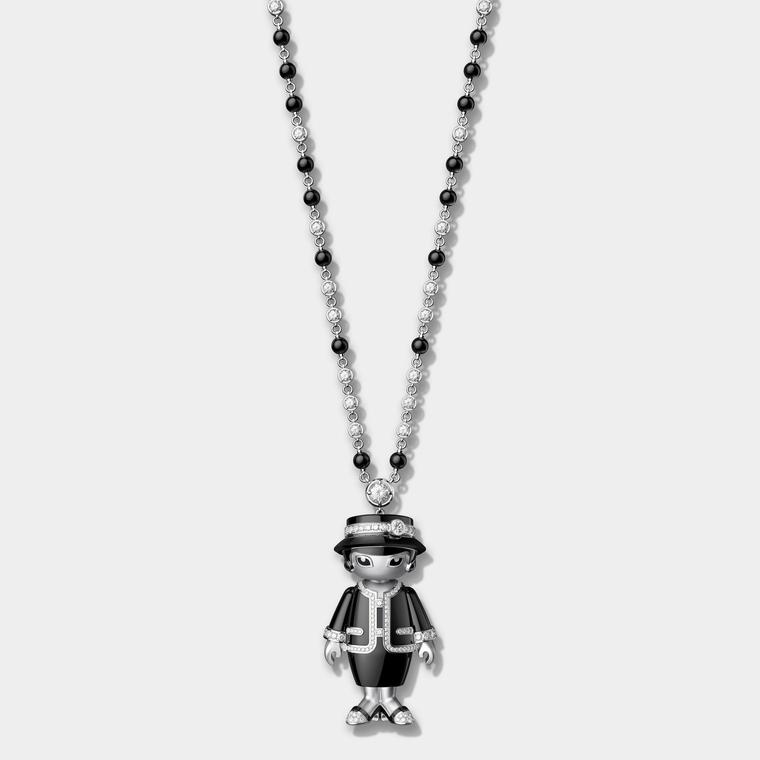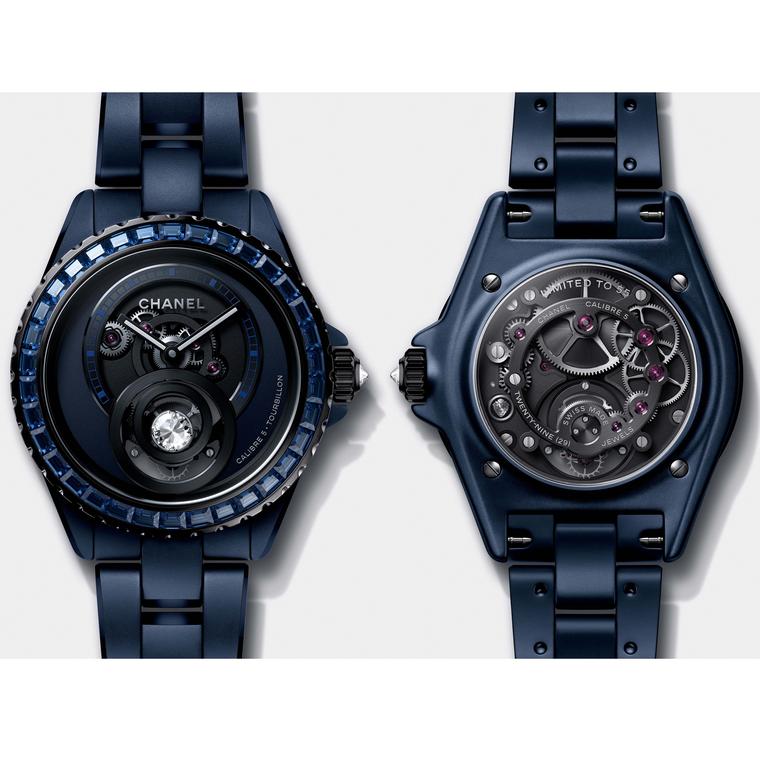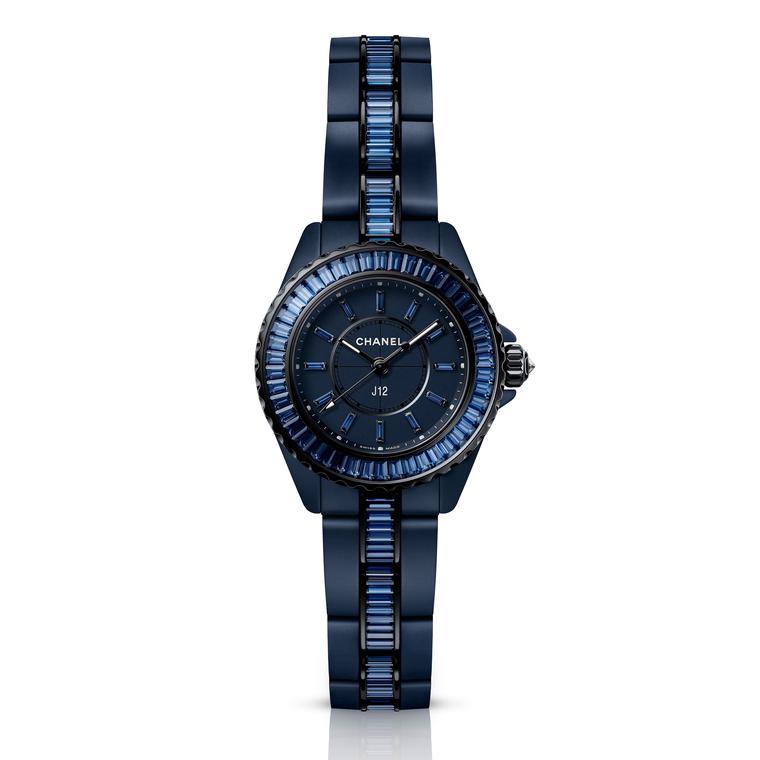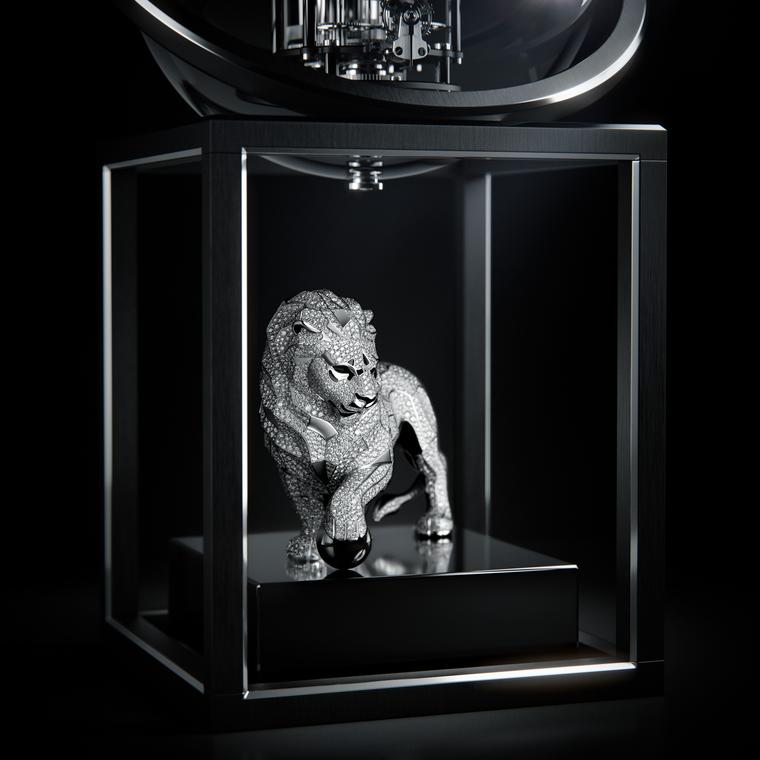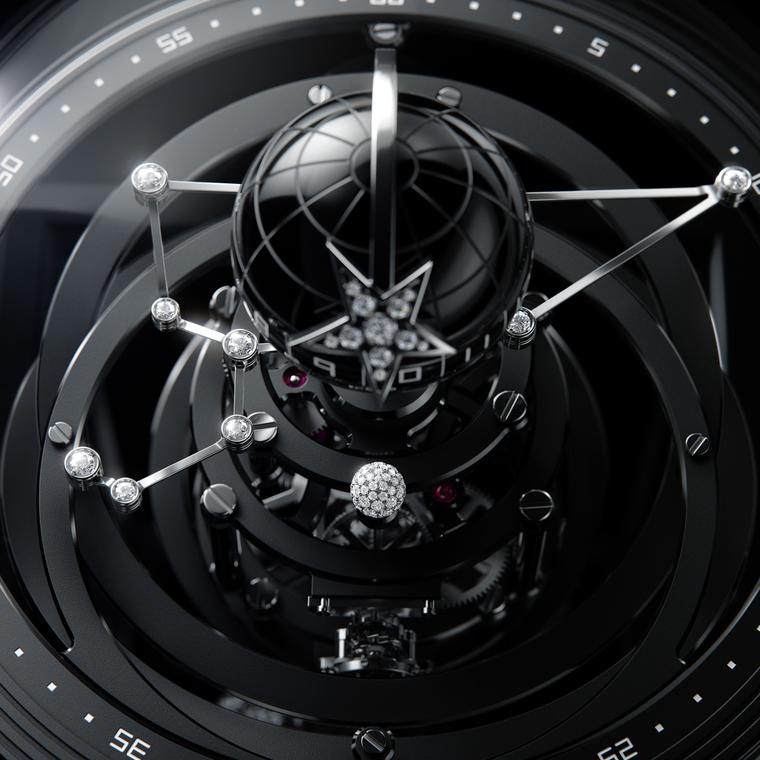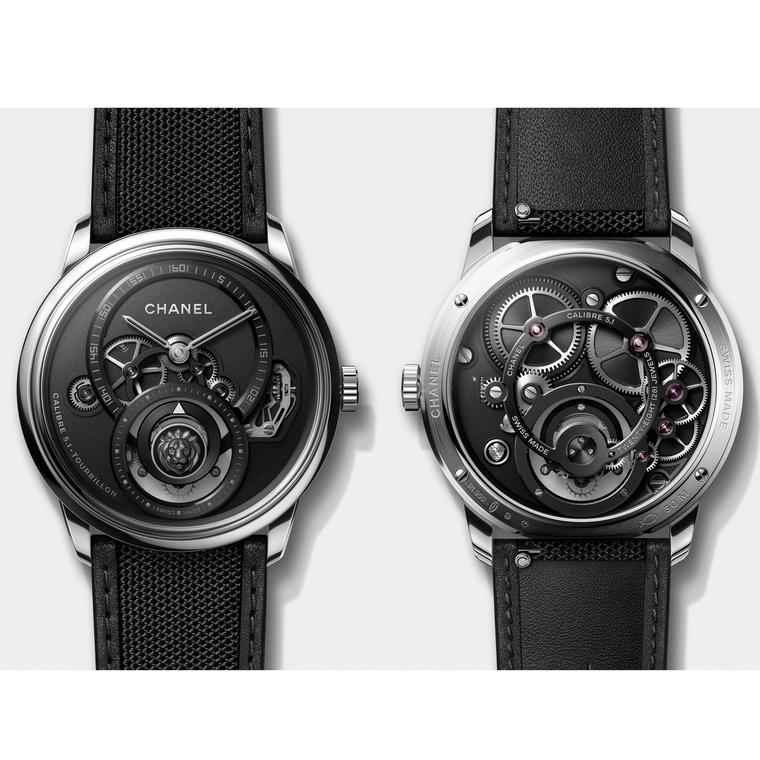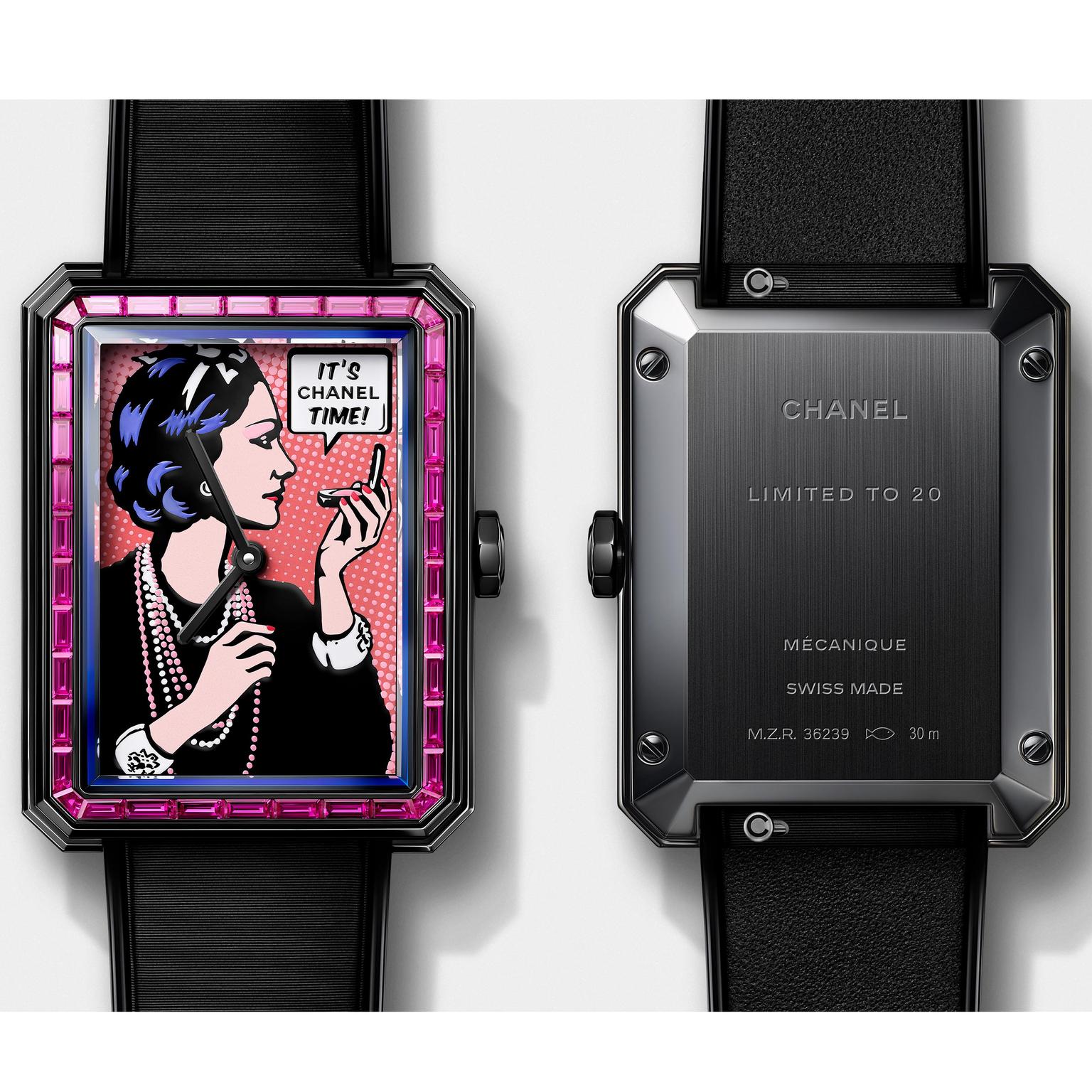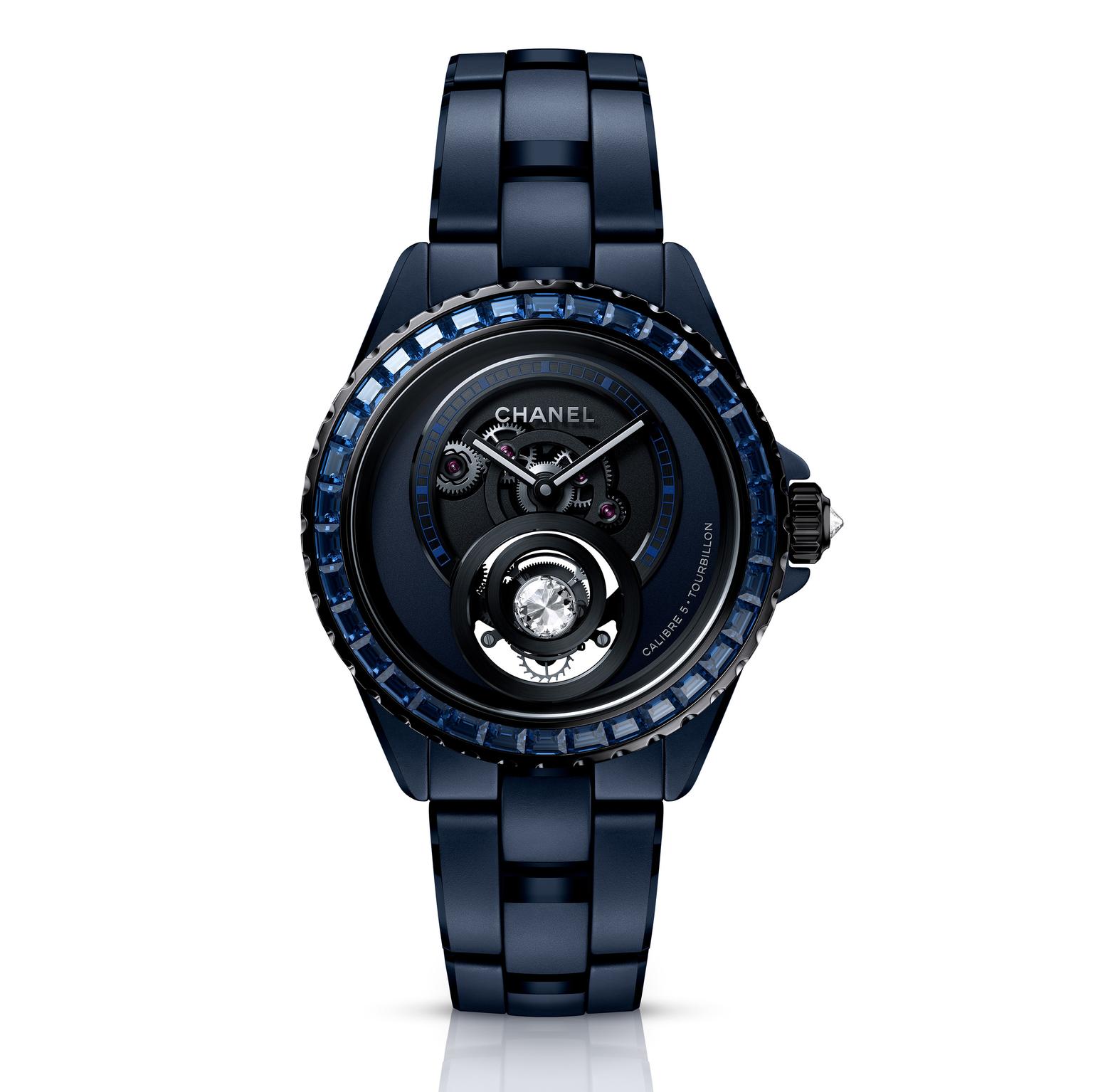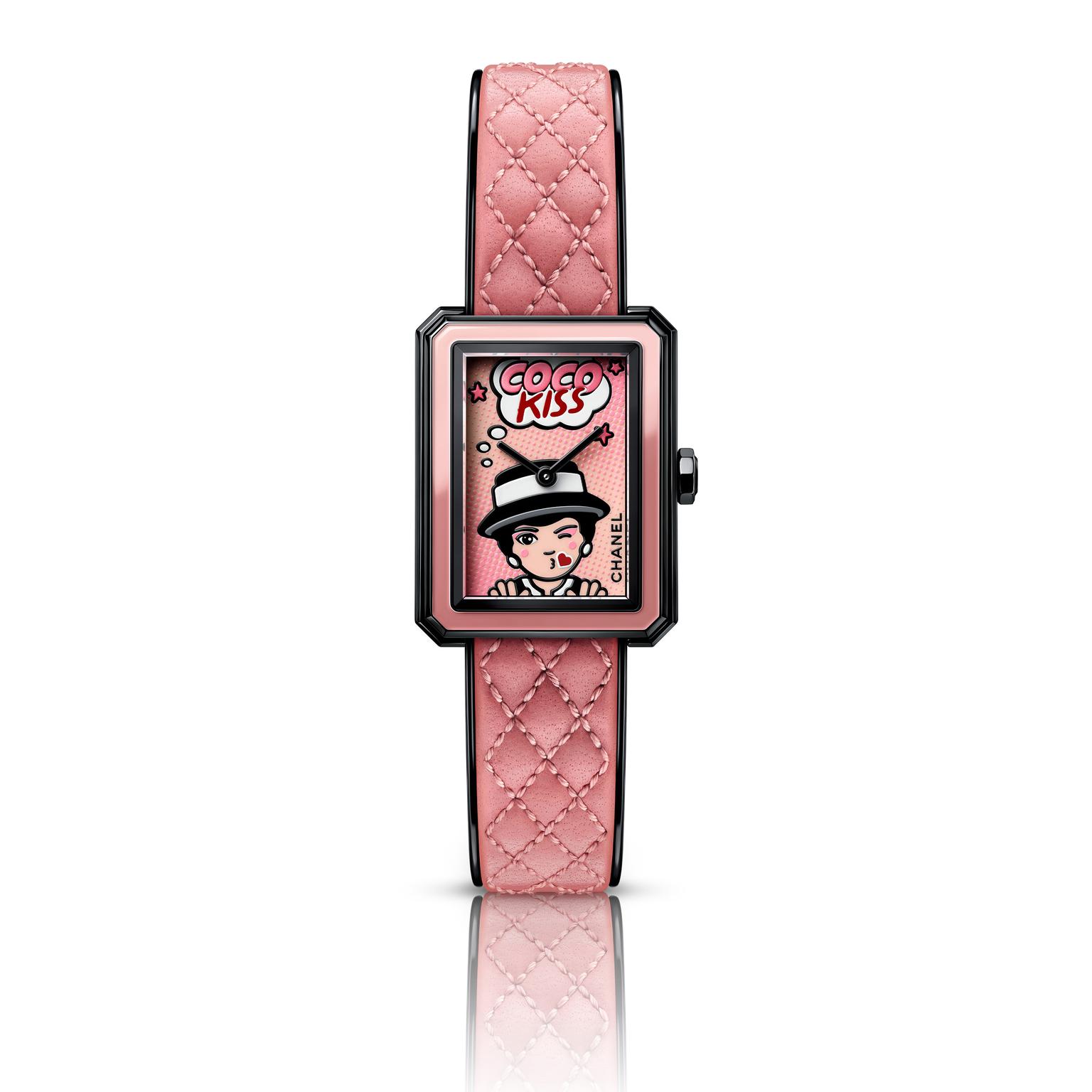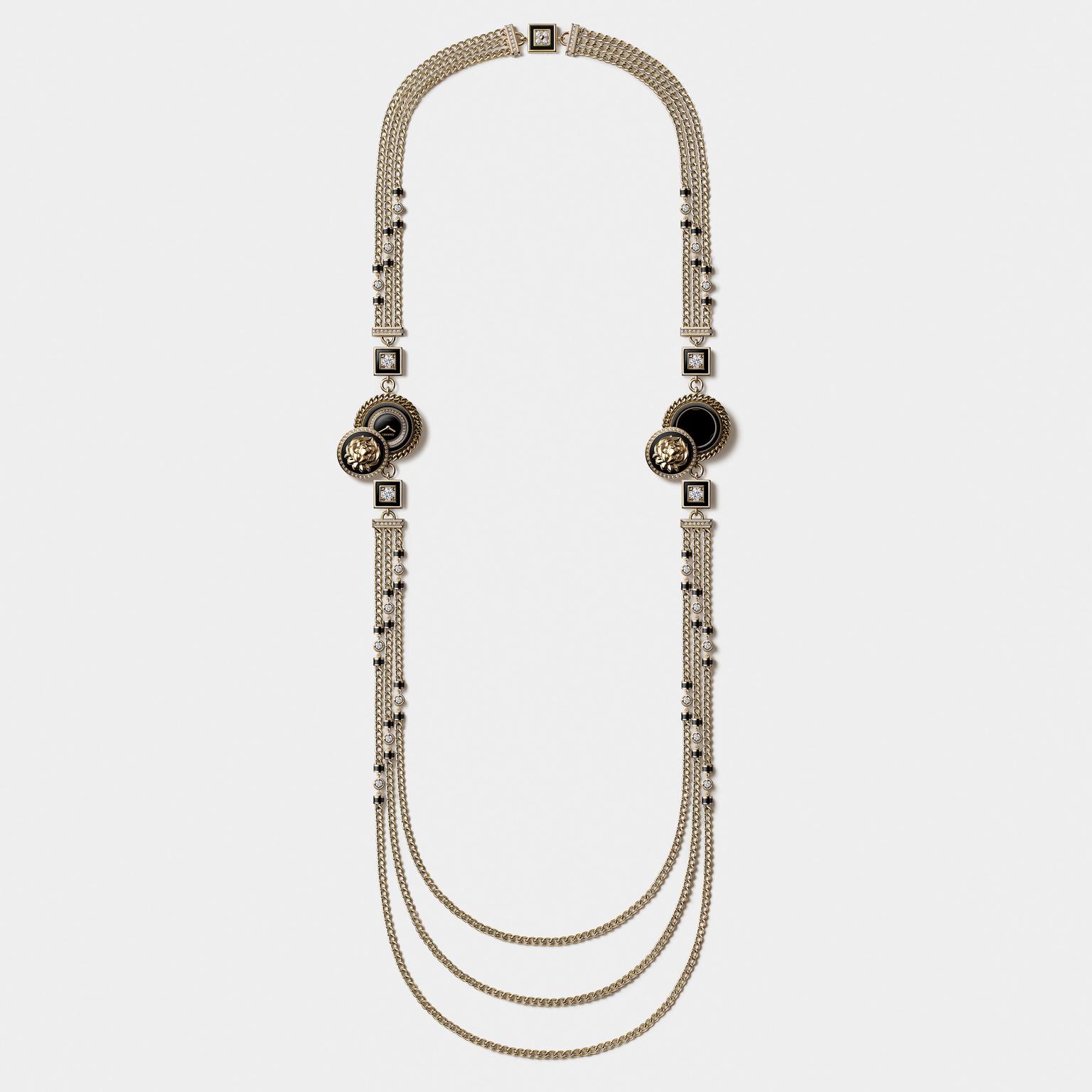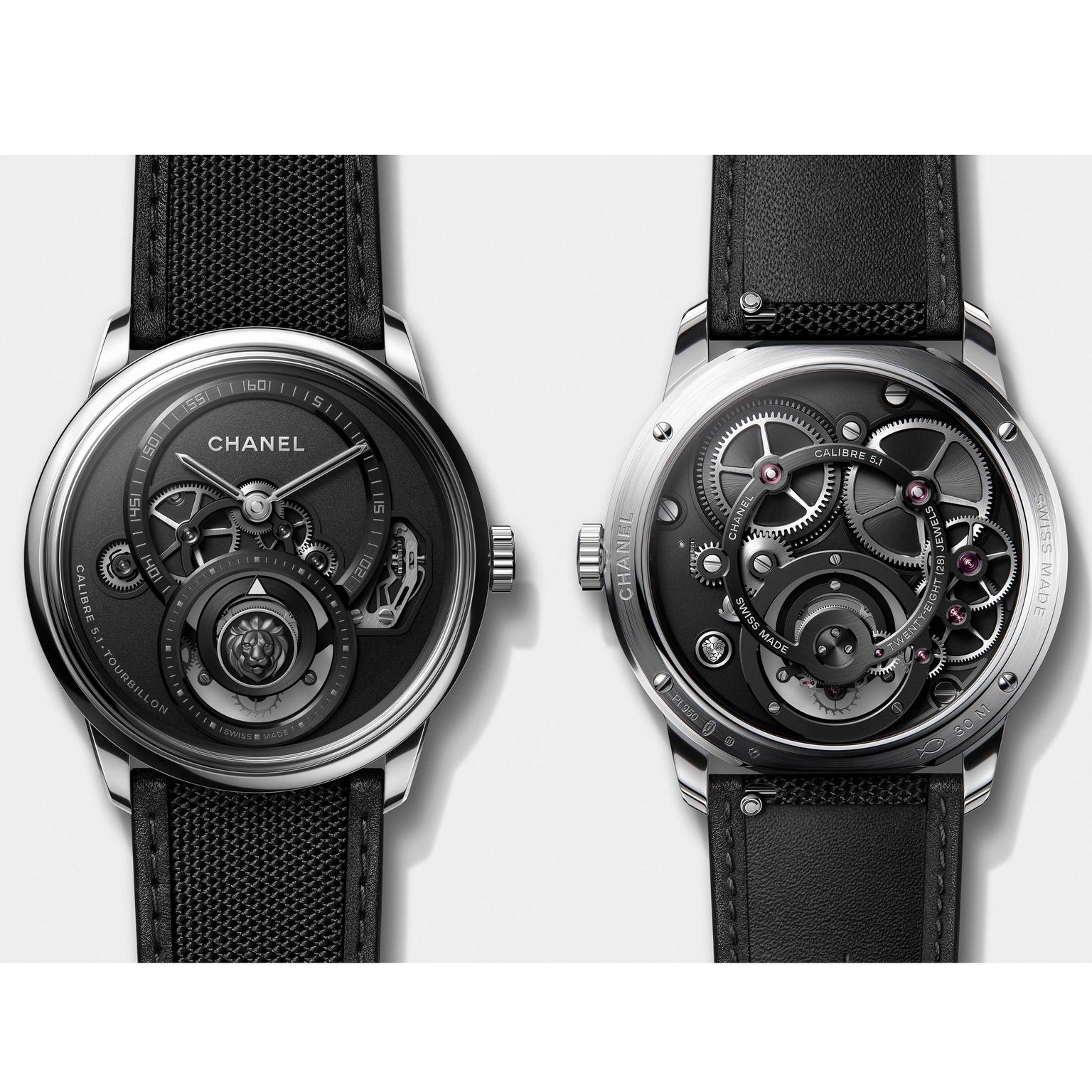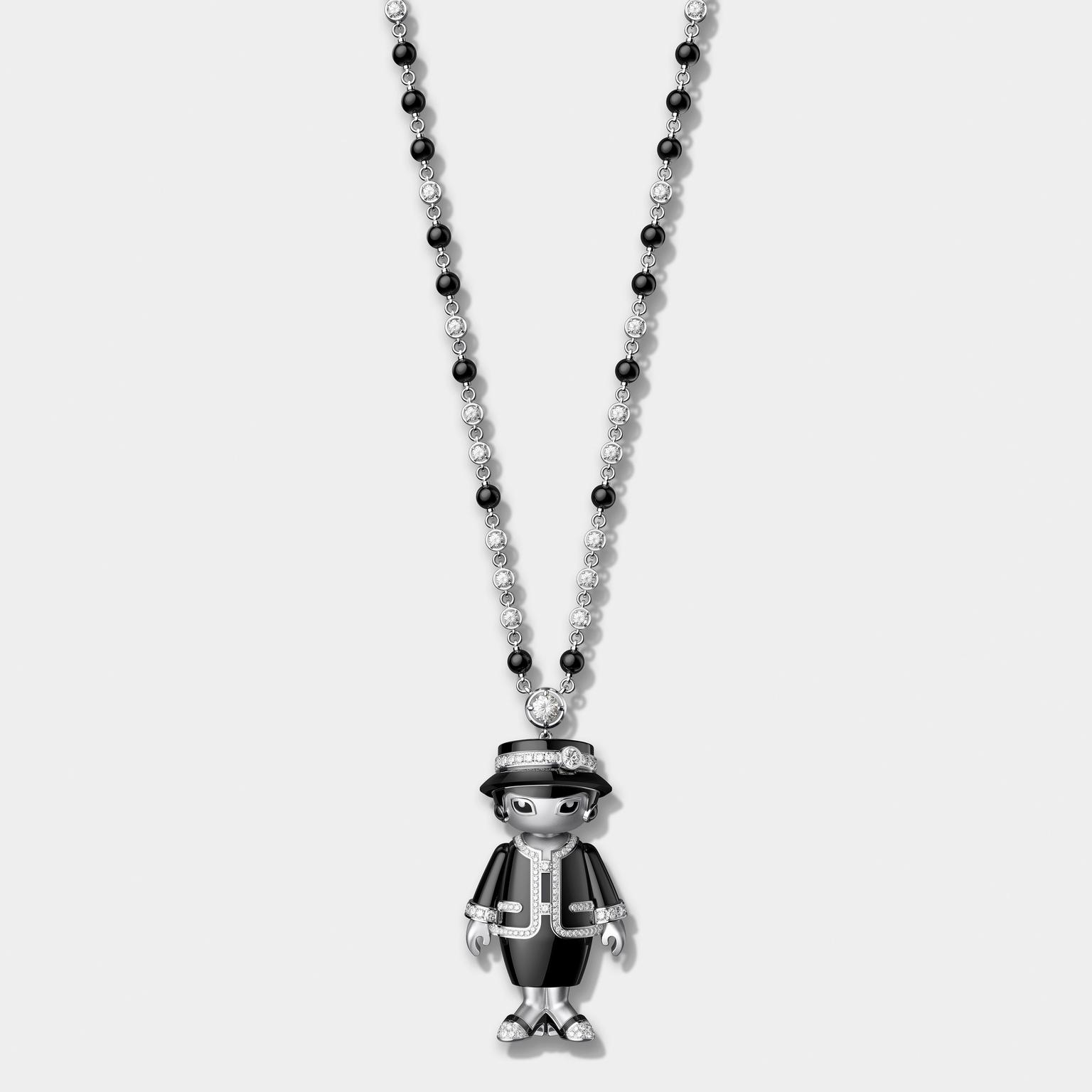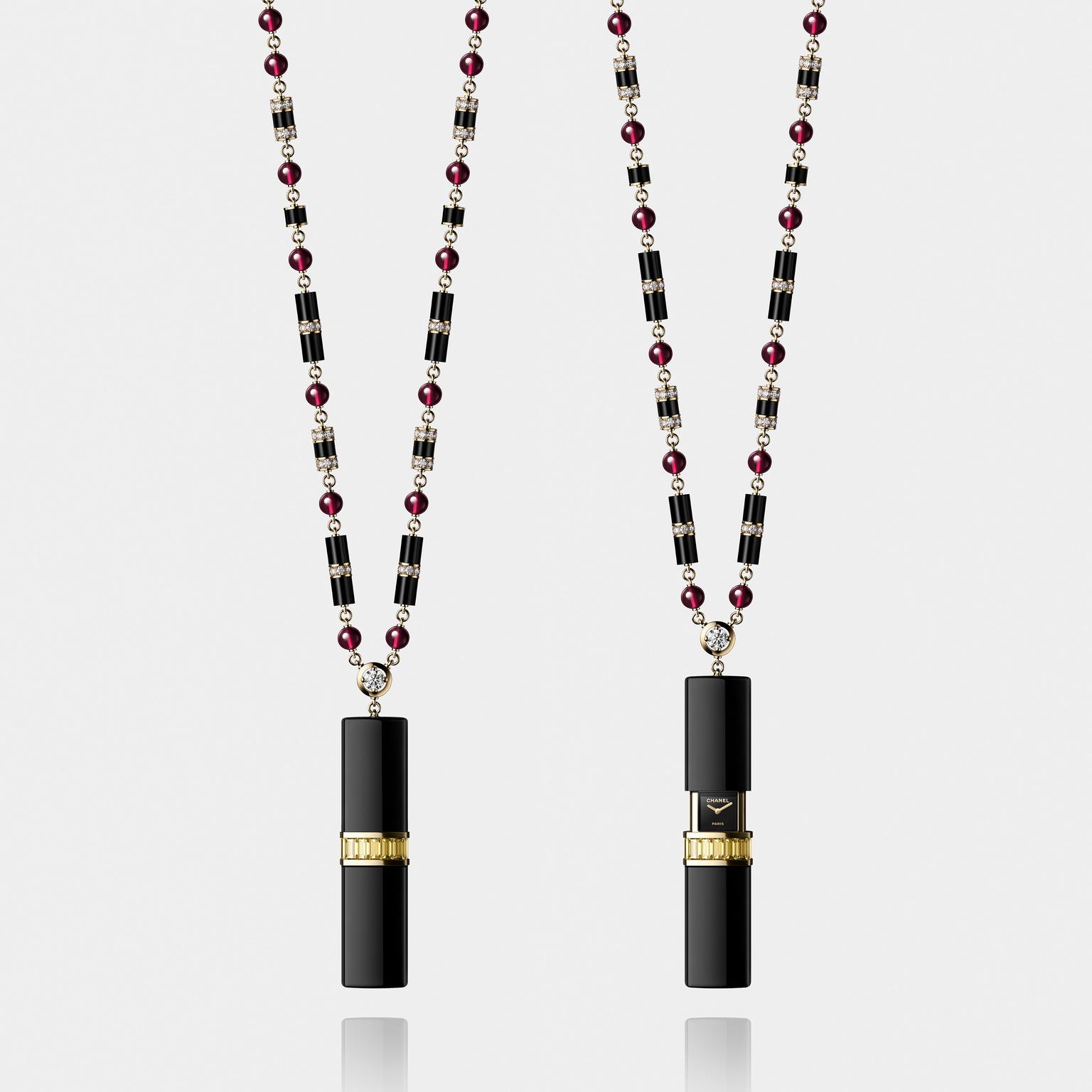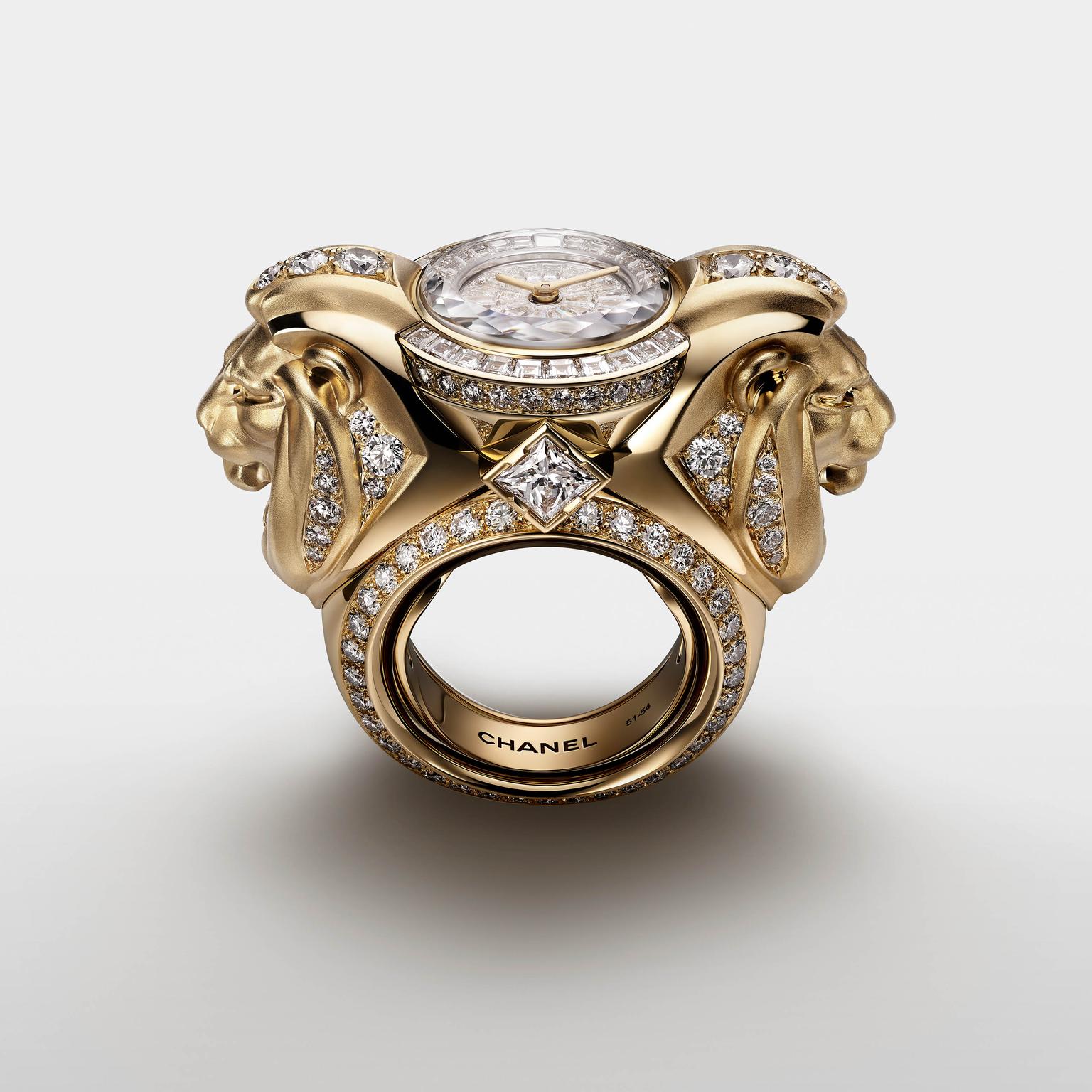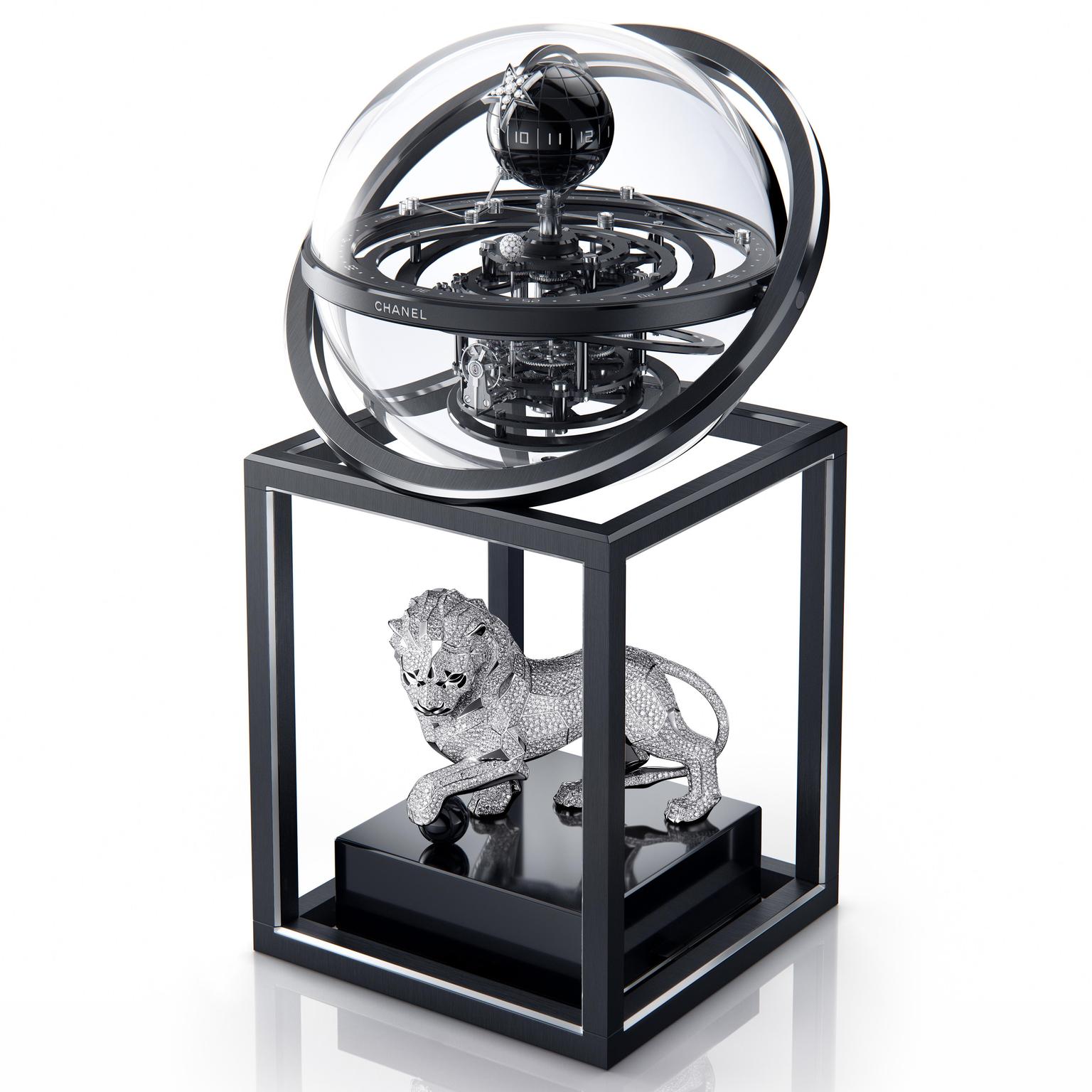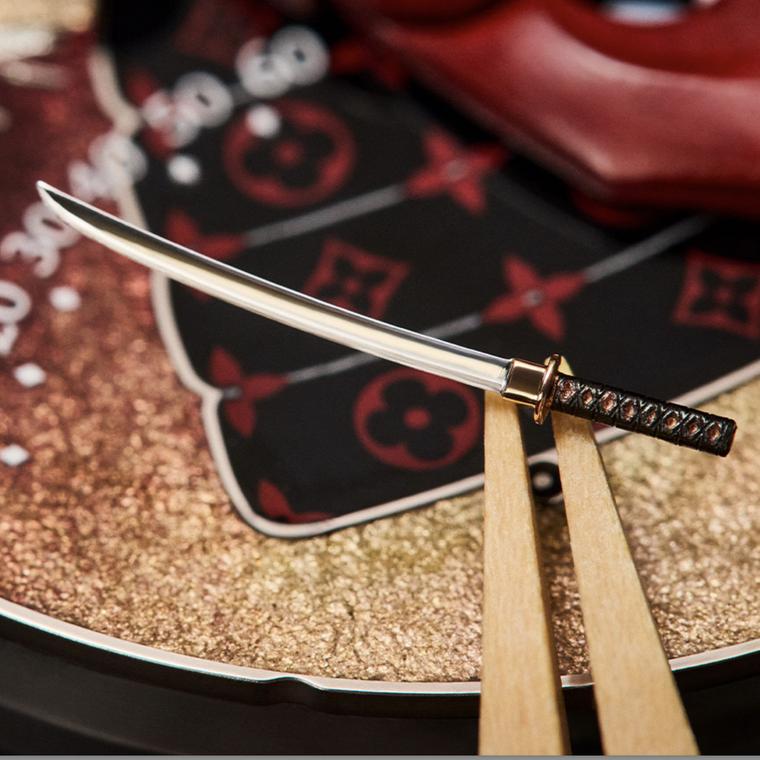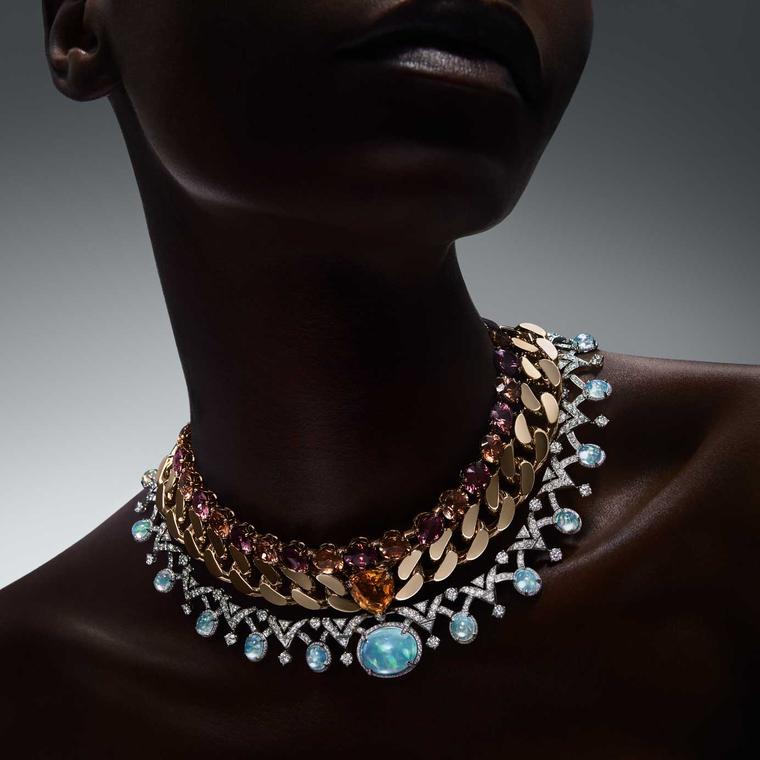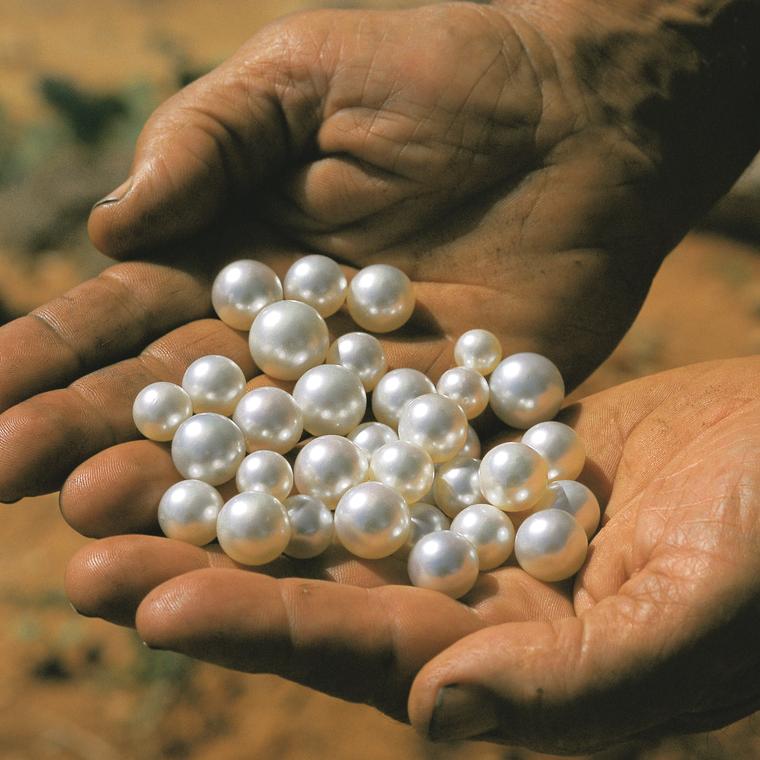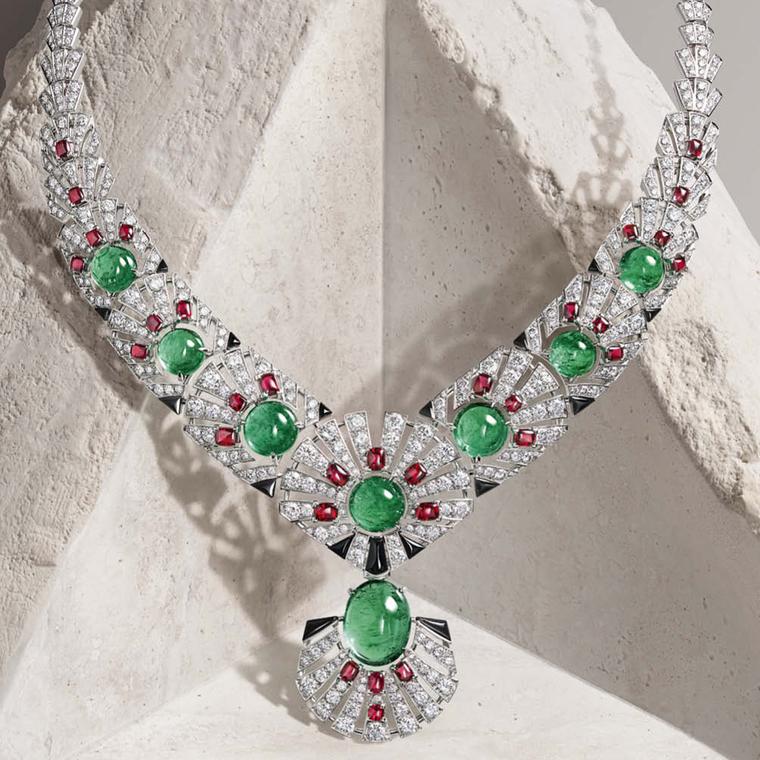A new hue of icon
To mark the 25th anniversary of the J12, Chanel unveiled the J12 Bleu — a matte blue ceramic developed over five years. It’s the first time the house’s signature timepiece adopts a colour other than black or white.
Arnaud Chastaingt, who has led Chanel’s watchmaking creation studio since 2013, described the inspiration succinctly: “I dreamt of giving a colour to black.” He continues, “The final choice of this particular blue was like an epiphany — a blue that is nearly black or a black that is nearly blue.” The result is a tone both familiar and elusive, rich with tension and intent.
The collection is wide-ranging: COSC-certified automatics, a flying tourbillon lit by a 65-facet diamond, and the J12 Bleu X-Ray — a 12-piece sapphire crystal marvel that seems to levitate on the wrist. There’s even a ‘Mini & Maxi’ sapphire duo in 28 mm and 42 mm, a playful contrast of scale. Each watch reflects Chanel’s command of material, light and proportion — playing with opacity, density and sparkle like acts in a tightly staged play.
Mademoiselle as muse
Gabrielle Chanel appeared everywhere — sometimes literally. In the Boy·Friend Blush, she’s printed in pinks, blowing a kiss on the dial. In the Coco Art edition, her reflection stares back from a compact mirror, rendered in grand feu enamel and framed by pink sapphires. These aren’t mere tributes; they’re cameos in both senses — miniature portraits that enliven the dial, tying personal mythology to wearable art.
Elsewhere, she takes sculptural form in the Necklace Watch Coco Black Jacket, a white gold pendant complete with Gabrielle Chanel dressed in her classic suit complete with boater and pearls. The dial hides beneath a diamond-studded ribbon on the hat — discreet, ironic, unmistakably Chanel.
The lion, recast
One of the most striking narratives emerged from the Lion of Mademoiselle — a collection of jewellery-watches anchored by Chanel’s long-standing astrological totem. The Diamonds Astroclock stands as the centrepiece: a celestial sculpture encased in a glass sphere, where time is indicated by a comet-shaped hour hand and a Leo constellation minute hand, both set with diamonds. Beneath this intricate mechanism rests a regal lion, masterfully carved in white gold and adorned with 5,037 diamonds, symbolising strength and Chanel's enduring emblem. This exceptional creation, limited to just five pieces, required eight months of meticulous craftsmanship and is powered by a mechanical movement developed in collaboration with Swiss clockmaker L’Epée 1839.
Founded in 1839 by Auguste L’Epée, the company began with music boxes and platform escapements before becoming a benchmark in carriage clockmaking. Today, based in Delémont, it is one of the very few Swiss manufactures dedicated exclusively to high-end mechanical clocks. L’Epée 1839 combines traditional savoir-faire with avant-garde aesthetics — often creating clocks that are as much kinetic sculptures as they are timekeepers, including collaborations with MB&F that resemble spaceships, spiders or abstract mechanical organisms.
More wearable — barely — is the Toi & Moi lion ring, where twin lion profiles in gold and diamonds flank a baguette-set dial. The Monsieur platinum tourbillon introduces the lion into the heart of the calibre itself, laser-etched inside the tourbillon cage — a motif revealed only under scrutiny.
Disguised time
Chanel pushed the idea of timekeeping to its most playful extreme, hiding dials inside lipstick tubes, buttons and pendants — pieces designed to surprise as much as they tell time.
The Secret Watch “Kiss Me” looks like a black lipstick tube but twists open to reveal a black lacquered dial ringed in yellow gold and golden beryls. The Double Lion Buttons necklace conceals not one but two secrets: one button hides a watch, the other a gold medallion for a photograph. Both are anchored by lion heads carved in yellow gold — more sentinels than accessories.
Final curtain
At Watches & Wonders 2025, Chanel confirmed what its haute horlogerie has quietly insisted for years: it doesn’t make watches to compete with the usual suspects. It makes them to tell stories. To stage symbols. To cast time as a character, not a constraint.
In a fair increasingly obsessed with mechanical showmanship, Chanel offered something rarer — horology as theatre. Precise. Controlled. And always, unmistakably, Chanel.


